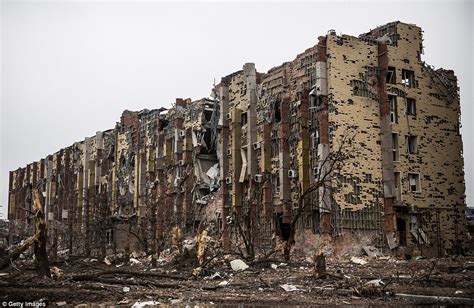|
An old post from August, with a new link at the bottom of the page.
As reports of even more atrocities come in from Ukraine, the debate over the cause of the conflict continues. This isn’t merely an academic question because how the parties frame the cause will likely shape how the horror ends. Most explanations for the Russian invasion fall into four categories: 1. NATO, led by Washington, provoked Moscow, pushing it into a corner. It did this by expanding the West’s strategic reach right-up to Russia’s border. 2. We are seeing the playing-out of throw-back Russian imperialism. 3. The war is a manifestation of Putin’s twisted character. 4. The Russian army is liberating the Ukrainian people from evil Nazi rule. it's argued that these ‘Ukrainians’ are, in any case, really Russian and have no genuine claim to independent nationhood. (This explanation shifts around a bit, depending on the battlefield situation. At the start, the liberation rationale extended to the whole country. Then, when the Russian army was pushed onto the back-foot, the rationale was limited to Eastern Ukraine. Since then, whenever it looks like the Russians might be regaining the initiative, the rationale has been re-extended to cover whatever territory Putin thinks he can get away with.) The first explanation is quite interesting. It’s believed in by an odd collection of bedfellows. This includes: (a) some right-wing Americans; (b) some habitually anti-American left-wingers; and (c) some international relations scholars, notably some high-profile members of the so-called ‘Realist school’ (which emphasises the dominance of power politics over an assumed or prescribed rules-based order). I consider this first explanation – that Washington/NATO provoked the war – a sometimes misleading and morally dubious half-truth. It provides an interesting narrative and clever talking points, but misses key issues. Such as the extreme nastiness of Putin. This, rather than complex underlying factors, turned the key and opened the door to a whole lot of awfulness. (Putin reminds me of former Serbian leader Slobodan Milosevic. In the 1990s, Milosevic ruthlessly exploited historical grievances in the old Yugoslavia. He did the political equivalent of lighting a match in a room full of gunpowder, not caring if hundreds of thousands of innocent people paid the price. His only regret was that his wicked & too-clever-by-half strategy of rabid nationalism blew-up in his face.) Here is a well-written article by Joe Cirincione covering many of the key themes, with additional links. Here is a newly published perspective by Mark Edele. This adds more expertise on Russian dynamics. Here's a reply to Edele by Samir Puri. Comments are closed.
|
Archives
March 2024
|

 RSS Feed
RSS Feed
